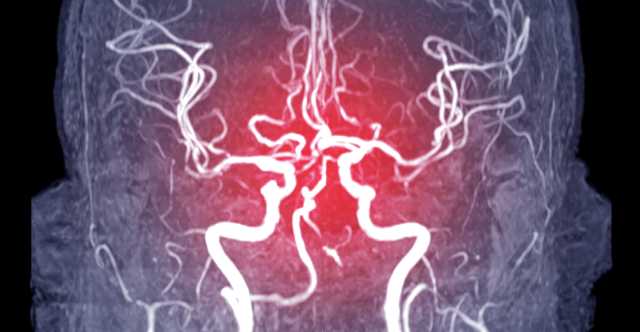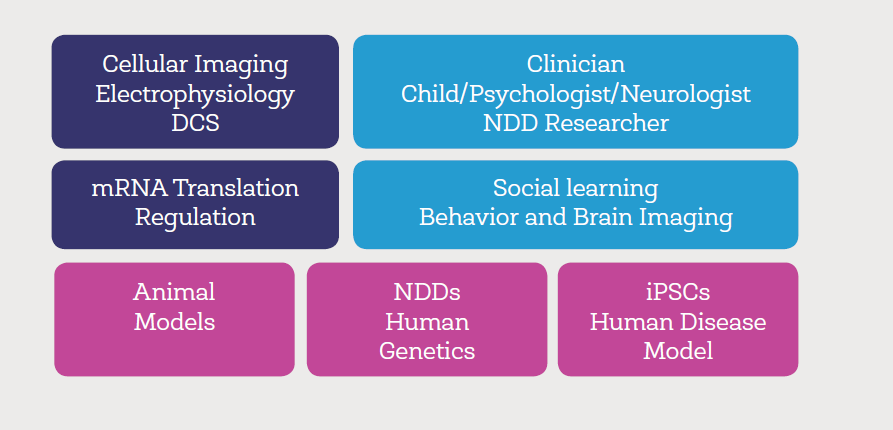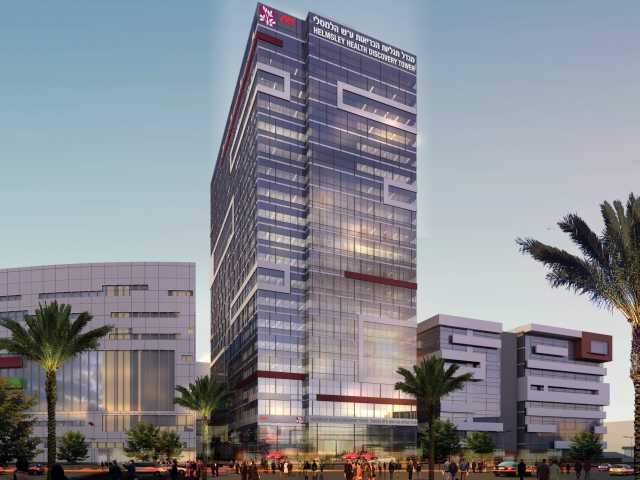
Transforming our knowledge of the brain
to understand and treat neurodevelopmental disorders
The human brain has the astounding capacity to control all major body systems. While recent technological advances have broadened our understanding of how the brain develops and functions, many questions remain. How is information encoded in neurons? How are memories stored and retrieved? How are emotions regulated? What are the molecular, cellular, and genetic mechanisms underlying degenerative diseases, such as Alzheimer’s disease?
An interdisciplinary research team of the University’s leading neuroscientists, psychiatrists, neurobiologists, and psychologists will soon join forces to explore these and other pressing neuroscience questions at the new Center for Neurodevelopmental Disorders (NDD). The team will pool their scientific expertise towards a shared goal: deepening the understanding of the root causes of neurodevelopmental disorders, and ultimately advancing medical treatments for millions of individuals suffering from debilitating neurodevelopmental diseases.
The innovative Center will be the first research facility in Israel to study the full spectrum of neurodevelopmental disorders. Home to the Sagol Department of Neurobiology, the University of Haifa has gained an international reputation for research across fields of study including biochemistry, cell biology, psychology, and neuroscience.
“The new center will enable us to further investigate neurodevelopmental disorders at the molecular, cellular, and circuit levels,” explains Prof. Kobi Rosenblum, Director of the NDD Center, Head of the Laboratory for Molecular and Cellular Mechanisms Underlying Learning and Memory, and the former Chair of the Sagol Department of Neurobiology.
“We know that neurodevelopmental disorders have a strong genetic basis, as well as causal environmental factors. These factors interact during various phases of brain development and trigger disease in ways that are not yet clearly understood,” adds Prof. Rosenblum. The researchers in the Center for NDD will also be using neuroimaging to study the psychological and neural mechanisms of emotions and social behaviors associated with neurodevelopmental disorders. Prof. Simone Shamay-Tsoory and a team of psychologists are using fMRIs to study brain activity during real-life social interactions, to gain insight into the emotional and social consequences of developmental disorders, including affective disorders, personality disorders, and schizophrenia.
“The new Center aims to position the University of Haifa and Israel as a leading NDD research hub in the region. It will provide scientists and outstanding young researchers with a technology-rich environment to fuel collaborative projects that will translate basic research into state-of-the-art patient care,” notes Prof. Rosenblum.
The Center for Neurodevelopmental Disorders

Planned to facilitate dynamic interdisciplinary work, the Center will include state-of-the-art labs, an integrated research and treatment center for patients with NDD, and collaborative spaces for hosting international researchers. In its initial phase, the Center will be staffed by 14 scientists within four cutting-edge technological sub-centers: Personalized Medicine, Single-Cell Analysis, fMRI Imaging, and Deep Phenotyping. Each of these units will afford researchers access to modern, innovative technology and attract leading scientists worldwide. The close proximity of researchers and clinicians will enable a collaborative environment leading to a better understanding of mechanisms underlying NDDs and the development of novel therapeutic approaches.


The Center for Neurodevelopmental Disorders will be housed at the Helmsley Health Discovery Tower, our unique joint venture with Health Care Campus, which promises to become one of the most advanced facilities in Israel in the fields of medicine and life sciences. Bringing together physicians, researchers, clinicians, and biotechnology start-ups, the Health Discovery Tower will offer optimal conditions for creating synergies that will accelerate innovations in patient-centered care.
Rendering of the Helmsley Health Discovery Tower.
Moochly-Eldar Architects

The University of Haifa is seeking partners in support of the Center for Neurodevelopmental Disorders. For more information, please contact the Office of the Vice-President for External Relations and Resource Development.

